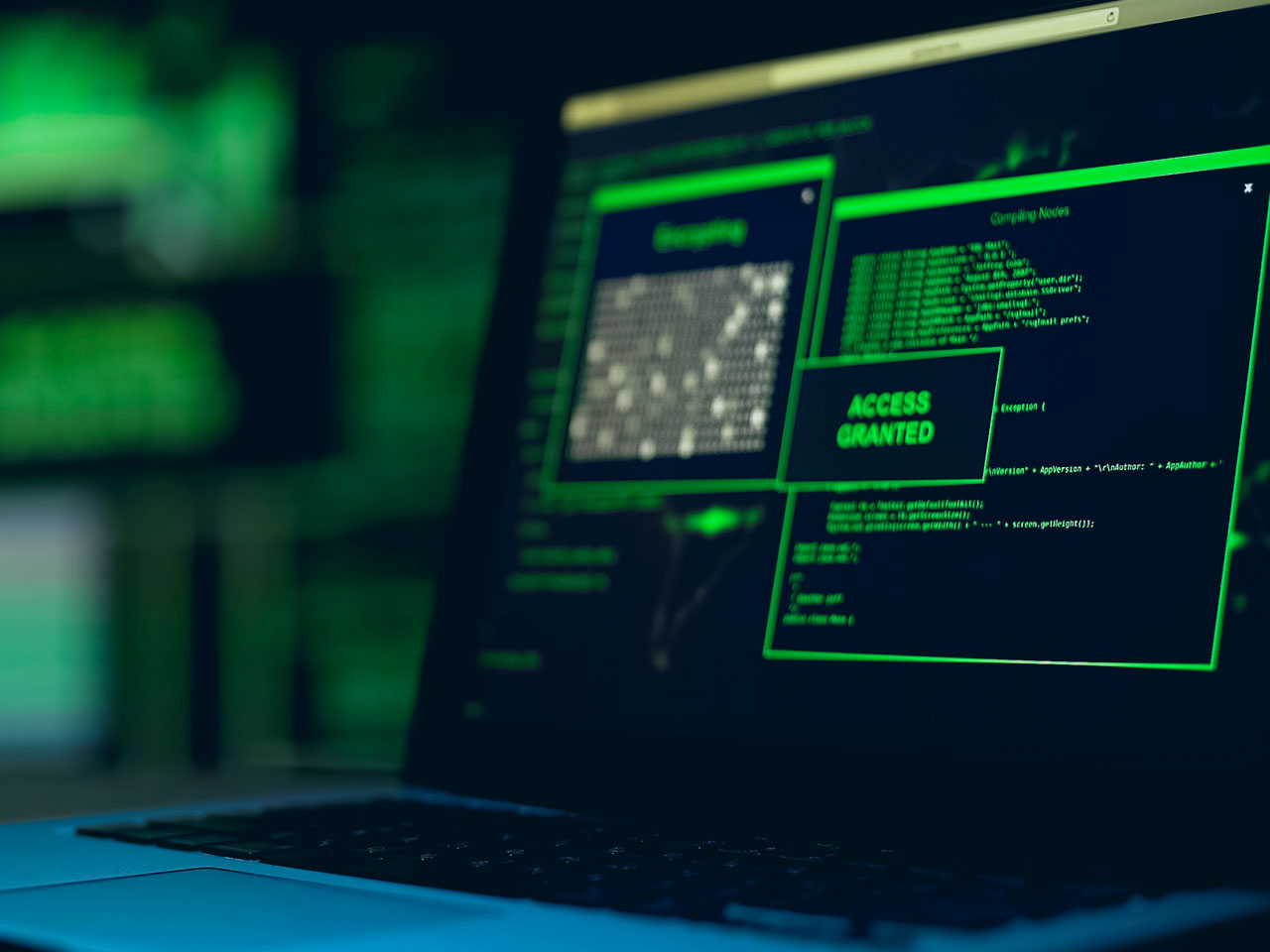A major cyberattack that hit the US pharmacy GenRx potentially resulted in a data breach. The incident affected hundreds of thousands of patients exposing their health data. Specifically, the service noticed the ransomware attack on its network on September 28, 2020 as the company began to have problems accessing all of its backups.
GenRx Pharmacy, a Scottsdale, Arizona-based healthcare organization, is that while the incident response team was quick to eliminate unauthorized access, GenRx said it later discovered that malicious hackers were able to remove a “small number of files “that included medical information that the pharmacy used to process and ship prescription products to patients.
An entry on the US Department of Health and Human Services HIPAA violation portal indicates that more than 137,000 GenRx patients are being reported about the incident. However, the company said that less than five percent of its customer base is potentially affected.
Following the cybersecurity incident, GenRx strengthened its system security by implementing additional antivirus and additional web filtering, instituted multi-factor authentication, increased monitoring of Wi-Fi network traffic, provided additional training to employees, updated internal policies and procedures, and installed real-time intrusion detection. and response software on all workstations and servers accessing the company network. and implementing other security measures. While patients are advised to keep track of bank statements as a precautionary measure.
Cybercriminals reportedly accessed and removed the following medical information from former GenRx patients: patient ID, transaction ID, first and last name, address, phone number, date of birth, gender, allergies, drug list , health plan information and prescribing information. But of course we can never know if this is true.
Although social security numbers and financial information were not affected by this incident, the pharmacy recommends that, as a general best practice, people monitor free account statements and credit reports for possible errors and malicious intentions on the part of the attackers who could steal your information.
Check also:
Potential Hoaxes Using Coronavirus Fake News
Cybercriminals are targeting health institutions



